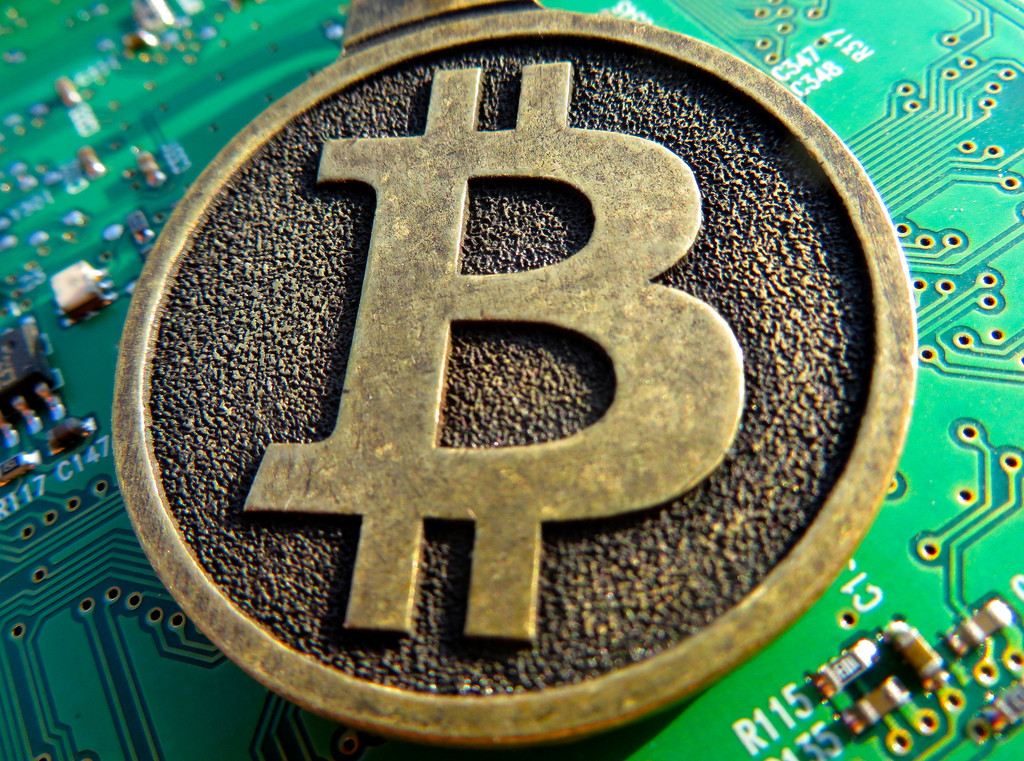Despite being in the midst of holidays, it does not seem like a festive season in the world of cryptocurrencies. Several notable occurrences meriting attention were captured worldwide in recent weeks, predominantly in Russia, North America, and Europe.
Russia has come up with yet another surprising statement, paying tribute to its reborn habit. Its Ministry of Finance had initially contemplated an absolute ban on Bitcoin. Their plan has eventually changed and as Deputy Finance Minister Alexei Moiseev put it, they are working on a modification of the legislation. Its purpose is to put in place a regulatory policy enabling citizens to trade with Bitcoin. On the other hand, currency mining is intended to stay illegal. The Ministry´s proclaimed reason behind this restriction is the ruble´s privileged position as Russia´s sole official currency, issued exclusively by the Central Bank. The message is clear: issuing any other currency is a strict no-go in Russia. The aftermath of this situation will be closely monitored. The only safe prediction so far is that the result will be unpredictable.
Another interesting piece of news regarding attitudes towards Bitcoin came from Florida, US, where a state court ruled (in the ´Bitcoin Isn´t Money´ case) that Bitcoin does constitute property. The defendant wanted to sell Bitcoins in exchange for dollars. The issue was that the money used in the transaction originated from illegal activities, and the defendant was charged with money laundering. Normally, the court would find him guilty almost straightforwardly. However, in this case the judicial body moved in contrasting ways and ruled quite the contrary, as the law on money laundering requires an utilization of some kind of payment instrument in order for the legislation to apply. Bitcoin, however, is not officially recognized as a payment instrument. The ruling could well serve as a precedent for fellow states, although it is still questionable whether and when will law-makers start to see cryptocurrencies as something real, requiring future legal definitions.
On a more optimistic note, Gibraltar has exhibited positive signs in its approach to Bitcoin. The exchange of this overseas territory belonging to the United Kingdom has introduced a financial mechanism investing in Bitcoin, called Bitcoin Exchange Traded Instrument (BTCETI). The financial tool was enlisted on July 22, while it was revealed that it will also be traded at Deutsche Boerse. Amongst various other implications, the creation of this instrument highlights the fact that Bitcoin´s volatility has significantly decreased as compared to previous data. The development of its price is more stable, attracting the attention of various exchanges.
Let´s not forget about the applicability of cryptocurrencies in other areas, too. A practical application has recently surfaced in the United Kingdom. GovCoin, a start-up, in co-operation with the Department of Work and Pensions have been testing an application aimed to introduce a transparent mechanism of social benefits payments. The idea is that all disbursements on a state-citizen trajectory would be registered on Blockchain, making the whole system more trustworthy and clear-cut. Citizens will be able to pay directly via their phones, which simultaneously facilitates the administration of financial funds. Disparagingly, a wave of criticisms followed shortly after these revelations were published. The most prominent of those claimed that the state could easily misuse the application for various purposes, including the monitoring of citizens and their accounts through the application itself. Likewise, the government could investigate ordinary citizens´ spending on alcohol, drugs, or gambling. It has long been an open question whether governments can control and oversee individuals with respect to the management of their own finances. On the contrary, the financial funds in question originate from the process of redistribution (in other words, from taxes and fees paid by fellow citizens). We will shortly witness a provisional outcome of this overarching dilemma as the application´s testing phase is about to end and the UK government will be keenly expected to react. Whatever the result, this example only holds sway to wide and so-far unexplored practical implications of cryptocurrencies.
Meanwhile, SAP, a German company, and Reisebank (also from Germany), together with ATB Financial from Canada have executed a payment lasting 20 seconds, or more precisely 1000 Canadian dollars, using Ripple, a cryptocurrency for the execution of the transfer. This currency is just as decentralized as Bitcoin and was originally created for the purposes of payments and financial transfers. Nevertheless, a lot of cryptocurrency supporters are not delighted by this Bitcoin look-a-like. A possible explanation for this popular distaste might be the majority ownership of the currency, held by Ripple Labs that has the authority of control over the payments themselves. At the same time, the general idea of the company remains at least as doubtful, for they try to provide banks with payment simplification via the use of Ripple as a reporting currency. As a consequence, fans of cryptocurrencies feel alienated as the major force behind their support and trust in cryptocurrencies – decentralization – is defeated. What inherently follows is that their ideal of banks not having power and authority over money and currency is indeed under a serious threat.
Translated by Edward Szekeres



